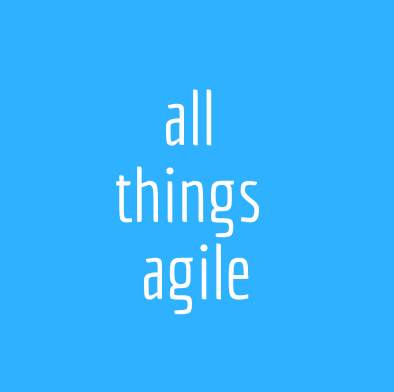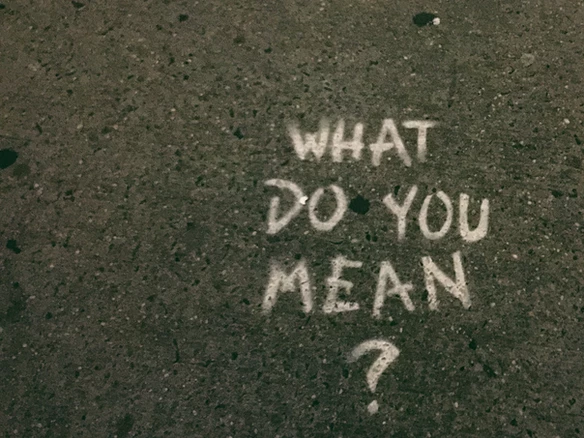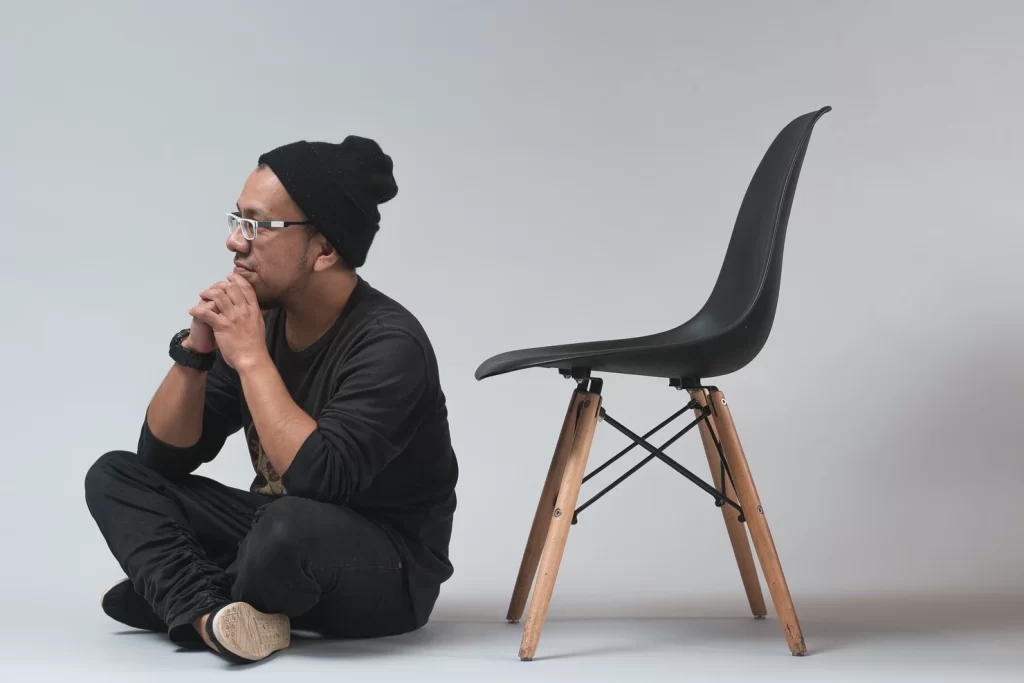
Have you ever felt some less than pure emotions when coaching? You know those situations where someone just gets on your nerves? Trust me, you’re not alone! After all, you don’t just suddenly become super zen when you become an agile coach.
So, in today’s blog, I’ll share a coaching story inspired by my own experience and what I learned from it. In this one in particular, we will be threading the line of humanity and ethics.
If you’d rather watch a video than read, check out my Youtube video on this topic:
Table of Contents
ToggleMy Dilemma
To set the scene of today’s story, I was coaching a team in which there was one individual who, while being a major asset to the team, was also very disruptive. This person was a senior contributor who had been with the team for many years, and as a result was involved in major decision making and really understood the business.
However, I started to notice their choice of words and behaviors towards people. They were constantly interrupting others, dominating meetings, and being aggressively assertive. At first I thought this was just an impression, but over time after having my own experiences with this person and having other team members come ask me for help, I realized that this person was a particular disruption to this team.
It appeared that this person was lacking the qualities of basic politeness and the ability to tune into others. I considered that these could be cultural differences, but this team was very diverse and they all seemed to be uncomfortable with this particular colleague. And to make matters worse, this situation began way before I arrived and had just kept growing since.
This situation presented a real dilemma for me. Even though I might not succeed all of the time, I always strive to be good and kind and I want this to reflect into my coaching. It’s a core part of my values. And really, there was also a bit of me wanting to save face in there as well. Of course I wanted to be kind, but I also definitely wanted to be perceived that way. Because of this, I was really struggling to find a way to help that person change their behavior.
The story ends relatively well and I eventually found my place to be more assertive with this person. I won’t go into detail about the interactions we had, but I made sure that there was room again for others to speak. But, this big internal struggle taught me a few things…
What I learned
I was confusing being nice with being kind. I was stuck because of my desire to be kind, but that doesn’t mean you can’t also be assertive. When you are motivated by kindness, you can still use the required words to stop aggression, impoliteness, or restore order. Being nice is just saving face and giving your power to someone else with nothing in return.
I was really empathizing with the history of the disruptive person because they had quite a struggle to carry the quality of the team up to this point. But in my empathy towards this person, I was overlooking the collective of the team. I didn’t want to say or act in certain ways that would prompt a strong reaction from this particular person for fear of hurting their feelings. This meant though that I was being unkind to the rest of the team who had to endure the lack of respect from that person. It was interesting to see how sometimes you can lose sight of the big picture. I’m a coach to the whole team, not just this one person.
Calling on the Agile Coaching Code of Ethics can also be a great help, especially in situations like this. For example, principle number six reminds us to uphold social inclusion and diversity. In my story, there were at least 10 voices being overshadowed because of this one person. Principle number eight reminds us to manage differences in status and power. The disruptive person was a senior member in time and hierarchy, and there very well could have been a bit of a power struggle behind his actions because of this. But as an agile coach, I couldn’t stand behind that attitude.
This situation also solidified my use of the facilitator hat. It is quite the skill to become a useful facilitator and have that ability to remove the noise in the room so that the group can really collaborate. Remember to use your different stances in the agile framework to help you.
I didn’t solve this problem alone. I sought out coaching for myself. If you are an agile coach you should be getting regular coaching because it’s the only way for you to really grow your skills to the max. It’s not the sort of thing that you get alone with self-reflection.
Tips on What to Do
#1: Assess your own ability to respond.
Silence is better than being rude or answering too fast. Especially if it’s the first time that someone interrupts, you can pause, be present, and maybe let that one time slide. You never know what they have going on. Maybe talk to that person after the meeting.
#2: Use powerful questions.
Put on your coaching hat and see if you have some powerful questions for that person that could help them reposition themselves in a better attitude.
#3: Be direct.
It’s okay to be assertive, state the facts, and state your position. Being direct is being kind.
#4: Don’t favor the one over the many.
You get to remove the disruptive person from the room. Although we hope it doesn’t come to this, you know what to do if it does. After removing them you excuse yourself, pause, and continue to do what needs to be done with the rest of the group.
#5: Go for coaching.
If you are having a hard time with any of these things, seek out some coaching. It doesn’t matter if it’s about fear, people pleasing, or lack of confidence. Don’t judge yourself and if you detect that you are struggling to show up as a useful coach, get some help.
As agile coaches we gain a ton of personal growth and self awareness alongside our professional growth. How awesome! You get to help others and in the process, help yourself.
If you are interested in learning about how to coach for team development and success, check out my Agile Coaching Program! It’s a month-long course of learning by doing! We have recently amped up the conflict navigation, team development, and agile principles in practice areas of the course so it is truly better than ever. In addition, we are proud partners with ICAgile so you will receive a highly recognized certification upon completion that will set you up well for a career as an agile coach.



